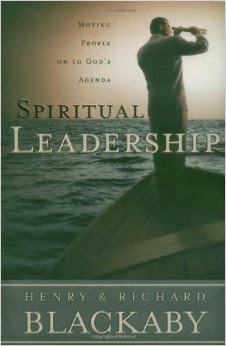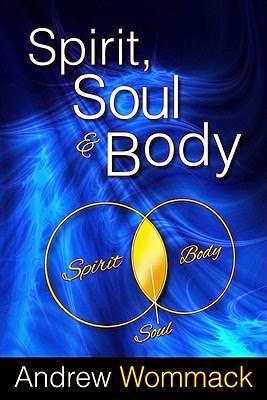Marriage is a life-time commitment. At the wedding altar, couples exchanged their vows: “For better, for worse, for richer, for poorer, in sickness and in health, to love and to cherish, till death us do part.” It is a vow made where there are no exceptions to the rule, irreconcilable differences or circumstances that can break the marriage vow. The Lord himself confirmed the original intent of God in life-long commitment (Matthew 19:8). Certainly we don’t marry just to have a companion because many other people can be good companions. It would be naïve to suggest that one should marry because it is time to do so. Putting two people together for a life-time commitment who have absolutely nothing in common with each other is to invite disaster on an unprecedented scale, if you do not know this yet! One is a man and the other a woman, how different can you get?
I remember an adage: Don’t marry someone you can live with. Marry someone whom you can’t live without. Hmmm … that’s a good thought. One plus one, in a marriage, should not be two, but maybe five, or even ten. What can’t I do as single, which I can only do when I get married, apart from having babies, that is? I cannot fathom the thoughts of some married people who seem to give the impression that they are ‘stuck’ in an unhappy marriage. Instead of being a blessing to each other and the people around them, they spend their entire married life putting out fires in their relationship. How terrible that must be, considering that you are to live with each other for 40 or 50 years. No wonder they take the easy way out – divorce. The kind of brokenness that results must be heart-breaking, especially if there are children involved.
To those looking for a life-long mate, the point is simple. If you are to live with someone for the next 40 or 50 years, you jolly well marry someone who is your best friend, someone you can really truly enjoy being together with. He or she must be your best friend that you will learn to love and accept unconditionally. Not that there are no valleys in the relationship, but in these circumstances, the stronger one holds the weaker one up. Best friend become “best-ter” friends over the years and best friends never quit on each other. Best friends operate interdependently and are secure with each other’s uniqueness and successes. Solomon wife’s calls him “This is my lover, this is friend.” (Song of Solomon 5:16)





































